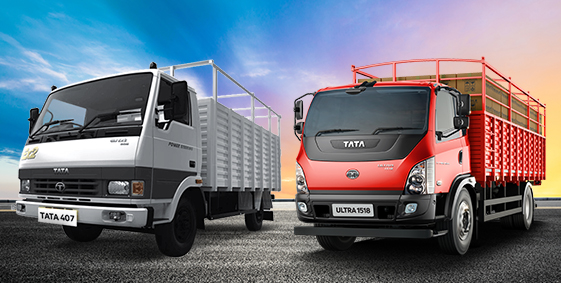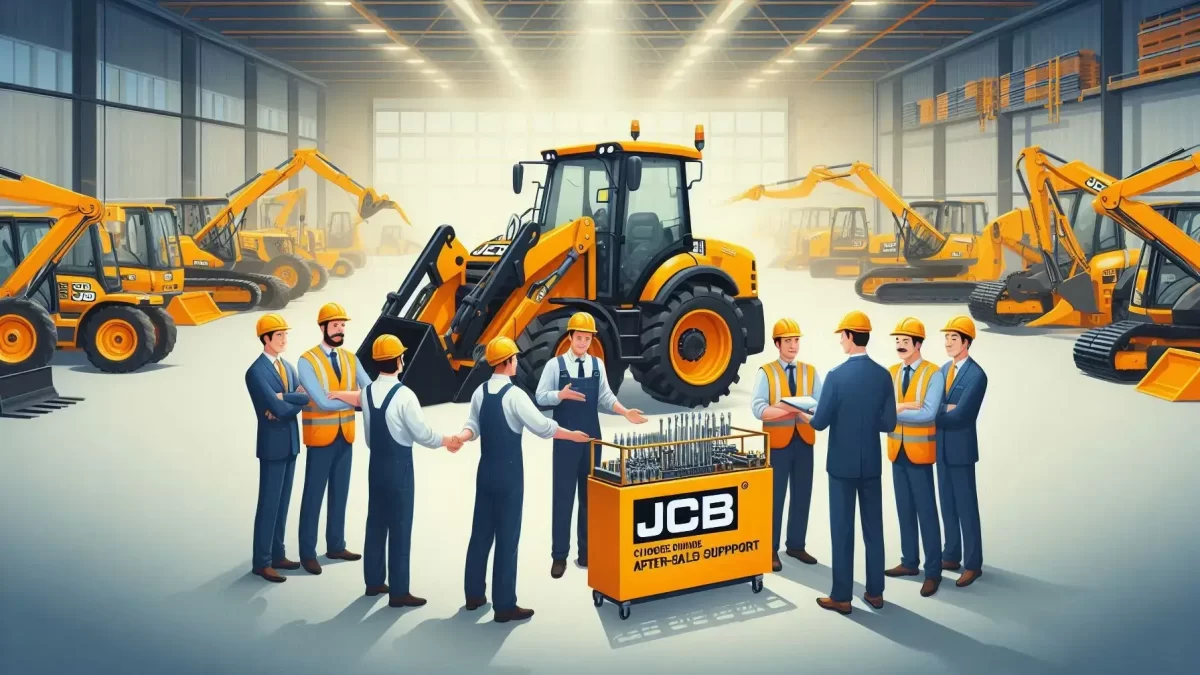
Wondering Why Industries Cannot Survive Without Commercial Trucks?
Commercial trucks are large vehicles designed for transporting goods, materials, or equipment for commercial purposes. They are commonly used by businesses for logistics and transportation of products across long distances.
Read this article by the experts of a Tata Truck Showroom in Ambala –
Classification of trucks
Commercial trucks are classified according to their weight and size, and the type of cargo they carry.
Popular ones are-
Light-duty trucks: These are small trucks with a gross weight of up to 14,000 pounds, such as pickup trucks and cargo vans.
Medium-duty trucks: These trucks have a gross weight of 14,001 to 26,000 pounds and are commonly used for local deliveries and transportation.
Heavy-duty trucks: These are large trucks with a gross weight of over 26,001 pounds, including tractor-trailers, dump trucks, and heavy haulers.
Significance
Trucks are a vital component of the supply chain for many businesses, ensuring that goods and materials are transported efficiently, reliably, and cost-effectively to their intended destinations.
They play a vital role in the economy, transporting goods and materials to businesses and consumers across the country. Here are some reasons why:
Efficient transport: They offer a fast and efficient way to transport goods over long distances, making it possible for businesses to move products quickly and at a lower cost than other forms of transportation.
Flexibility: They can transport a wide range of goods and materials, from raw materials to finished products, and can be customized to meet the specific needs of a business.
Reliability: They provide a reliable mode of transportation for businesses, as they are not dependent on external factors such as schedules and routes of other modes of transportation like trains and airplanes, added by one of the Tata Motors Bus Dealers in Ambala.
Accessibility: They can easily access remote and rural areas that may not be accessible by other modes of transportation, making it possible for businesses to reach a wider market.
Cost-effectiveness: They offer cost-effective transportation solutions for businesses, as they can carry large quantities of goods and materials at a lower cost than other modes of transportation.
Industrial use
The use of trucks is essential in many industries, ensuring that goods and materials are transported efficiently and effectively between different locations. If you know about what are the Road Safety During Rainy Season read full article
Trucks are used in a wide range of industries for transporting goods and materials. Here are some of the industries that rely heavily on trucks:
Retail: These are used for transporting products from manufacturers to retail stores and distribution centres.
Manufacturing: These are used for transporting raw materials and finished products between manufacturing facilities and warehouses.
Construction: These are used for transporting building materials and equipment to construction sites.
Agriculture: These are used for transporting crops, livestock, and equipment to and from farms.
Mining: These are used for transporting materials and equipment to and from mines.
Oil and gas: These are used for transporting oil and gas products and equipment to and from drilling sites.
Waste management: These are used for collecting and transporting waste and recycling materials to disposal sites.
Logistics and transportation: They are used for transporting goods and materials for third-party logistics providers and transportation companies.
Food and beverage: Trucks are used for transporting food products and beverages from manufacturing facilities to distribution centres and retail stores.
Commercial types
There are various types of commercial trucks available, designed for different purposes and types of cargo.
Flatbed trucks: These are trucks with a flat, open bed used for transporting oversized or irregularly shaped cargo.
Box trucks: These are enclosed trucks with a cargo area that is similar to a rectangular box used for transporting general cargo, such as furniture or equipment.
Dump trucks: These trucks have an open-box bed that can be raised and lowered to dump loose materials, such as dirt or gravel.
Refrigerated trucks: These are trucks with an insulated cargo area that is temperature-controlled, used for transporting perishable goods, such as food and pharmaceuticals.
Tanker trucks: These trucks have a tank for transporting liquids or gases, such as fuel, chemicals, and water.
Crane trucks: These trucks are equipped with a crane for loading and unloading heavy equipment or materials.
Tow trucks: These trucks are used for towing other vehicles, such as cars and trucks, that have broken down or been in accidents.
Cement mixer trucks: These trucks have a rotating drum used for mixing and transporting concrete.



